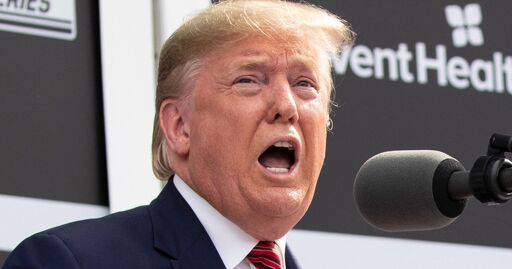Summary
Nobel laureate economist Joseph Stiglitz warned that Trump’s policies risk causing stagflation—high inflation, rising unemployment, and slow growth—by cutting public spending and imposing tariffs.
In an interview with The Guardian, he said these measures make the U.S. a risky place to invest, as tariffs on imports from Canada, Mexico, and China are expected to raise prices and hurt the global economy.
Economists like Paul Krugman share his concerns. Many Trump voters will be “brutally scammed,” he warned.



Not enough people listen to Joseph Stiglitz. Even many economists don’t listen to Stiglitz. That’s the thing about economics: it’s more philosophy than science, and like philosophy there are different schools of thought. If an economist doesn’t like what Stiglitz has to say, that economist can just choose to listen to someone from a different school within economics.
For instance, Stiglitz has been quite critical of what he calls “free market evangelism,” the popular idea that free markets are the most efficient method for distributing scarce resources, and so there should be minimal interference with markets from “outside” entities like the state. Economists like Stiglitz have pointed out that markets are not as efficient as the evangelists believe, but, obviously, they don’t listen.
Free markets exist only for the simplest of goods and services with the least barriers to entry and most competition. Everything else goes out the window.
Restaurants in large cities are a decent example of the free market
All the free market evangelists always conveniently forget the original definition of what constitutes a free market. The paper that coined the term free market specifically referred to them as “well regulated”. From the very beginning it was recognized that a functioning market requires government regulation, if for nothing else at least for contract enforcement and dispute resolution. Without regulation what you’re left with is just “might makes right”.
Realistically though there are two distinctly different groups that use the term “free market” and they mean two distinctly different things when they do so. We have economists who mean theoretical free markets and have a very specific concept in mind. Right or wrong they are at least arguing in good faith. Then we have politicians and the general public who are using the term purely as an excuse to justify their policies designed to benefit massive corporations and the rich. For the later group the former group are just tools to be used. Even if all the economists got together and declared free markets a bad idea they would just keep referencing the old economic papers, just like they do for trickle down economics.
Not saying I don’t believe it, it’s stupid/ironic enough for it to be true. But do you have a source?
Many free market evangelists would agree that some state is likely necessary, to, as you point out, enforce contracts and mediate dispute resolution, as well as enforce private property rights. However, whether they would admit it or not, they only want said state to work for them, but never against them. They want all the protections that a state might offer, but none of the restrictions. They want laws that protect them but never bind them.
Efficient in what measure?
They very efficiently concentrate those resources in the hands of the wealthy.
I’m not sure what measurement they would use to justify their position, or if they would try to justify it at all. I suppose that’s what makes them evangelists: belief is the basis of their conviction.